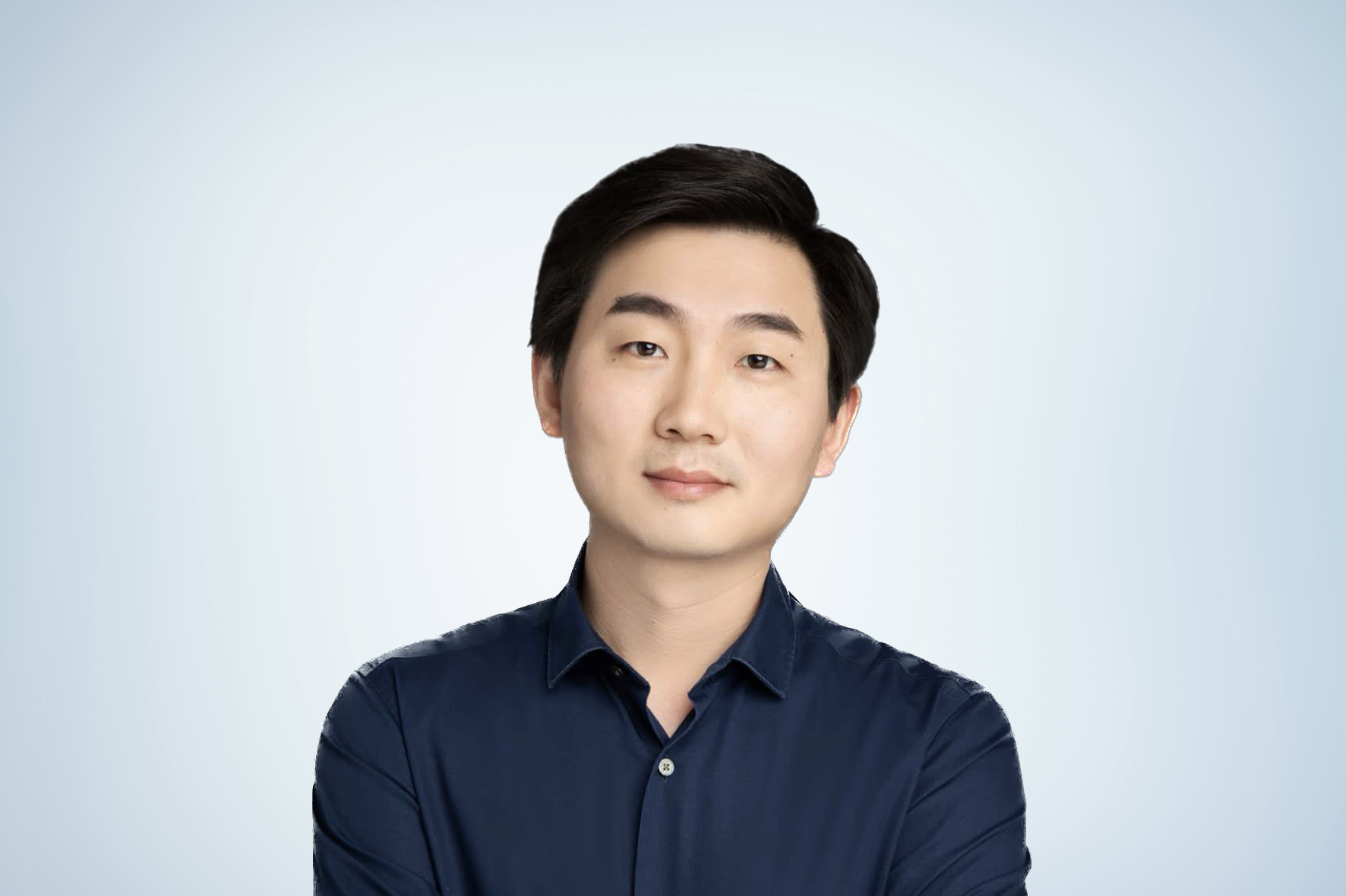 Dr. Liu Longqi, Chief Scientist of Single-cell Omics at BGI-Research
Dr. Liu Longqi, Chief Scientist of Single-cell Omics at BGI-Research
Amid the ever-changing landscape of scientific research and technological progress, BGI Group, now celebrating its 24th anniversary, remains a strong presence in the field of genomics.
BGI is made up of many dedicated individuals who are passionate about science. The journey of Dr. Liu Longqi, Chief Scientist of Single-cell Omics at BGI-Research, reflects the spirit of discovery and progress that defines BGI's mission.
In this conversation, we explore the motivations and experiences that have led Dr. Liu to become an integral part of BGI's remarkable contributions to genomics, cell biology, biotechnology, and the greater goal of benefiting humanity.
Question: What led you to join BGI?
Liu Longqi: BGI is one of the leading institutions in the field of genomics. During my graduate studies, I specialized in stem cell research. When I completed my PhD in 2015, I recognized the need for fresh ideas and technological approaches in this field. Genomics was already shifting its focus from studying nucleic acids to studying cells. Despite the high cost of single-cell sequencing at the time, my intuition told me that integrating genomics and cell biology would be the future of stem cell research.
Question: How did you transition into cell research at BGI?
Liu Longqi: During my initial three months at BGI, I didn't rush into starting my own projects. I wanted to find a way to leverage my background with BGI's strengths to create a synergy that aligned with BGI's vision and my personal goals. After careful consideration, I initiated three projects: one focused on single-cell multi-omics technologies, another on the regulatory role of genomic variations in cells, and the third on diagnostic methods based on multi-omics data from cells.
At that time, single-cell sequencing was prohibitively expensive, making it a luxury to sequence tens or hundreds of cells. Through our research, our aim was to increase the throughput of single-cell sequencing and significantly reduce its cost.
Question: Is it different doing research at BGI?
Liu Longqi: Conducting research at BGI is akin to an organized campaign. We swiftly assemble teams comprising individuals with diverse backgrounds based on the specific project's requirements. With well-defined objectives, feasible implementation strategies, adequate funding, and efficient teamwork, we are able to successfully complete our research projects. This approach was a novel experience for me.
Question: What is the most significant change you've witnessed in the past eight years?
Liu Longqi: The most notable change has been the expansion of my horizons and perspective. Over these years, I've witnessed the remarkable transformation of BGI and gained insight into how this transformation unfolded, which has been truly inspiring.
For instance, during my graduate studies, the primary focus was on technological innovation. However, I now believe that true innovation lies in innovating an organization's systems and mechanisms, as referred to by BGI Group Chairman Wang Jian as paradigm innovation. BGI has excelled in implementing paradigm innovation.
Question: How should we interpret BGI's vision, "using genomics technology to benefit mankind"?
Liu Longqi: This vision is reflected in every decision we make. At BGI, whether it's technology development, disease research, or basic research, we not only assess its innovativeness but also its potential to benefit humanity in the future.
In technology development, our aim is to create technologies that are accessible to everyone and have a significant impact on their respective fields. In disease research, we concentrate on clinical-oriented projects that can contribute to disease prevention, diagnosis, or treatment. In basic research, we strive for innovations that advance the field significantly or have milestone significance.
Many of our projects are designed with comprehensive consideration of technology, products, and clinical applications, and we allocate teams accordingly.
Question: Some people have suggested that the 21st century will be the century of biology or life sciences. What is your perspective on this statement?
Liu Longqi: I wholeheartedly agree with this viewpoint. With technological advancements, the field of life sciences is experiencing rapid growth, marked by exponential increases in new discoveries and achievements. Simultaneously, life sciences have entered a phase of rapid industrialization, encompassing the development of various medical devices, clinical diagnostics, and treatments.
We have observed significant changes in various facets of this field, including science, technology, industry, and talent. I firmly believe that the 21st century will undoubtedly be the century of life sciences.



